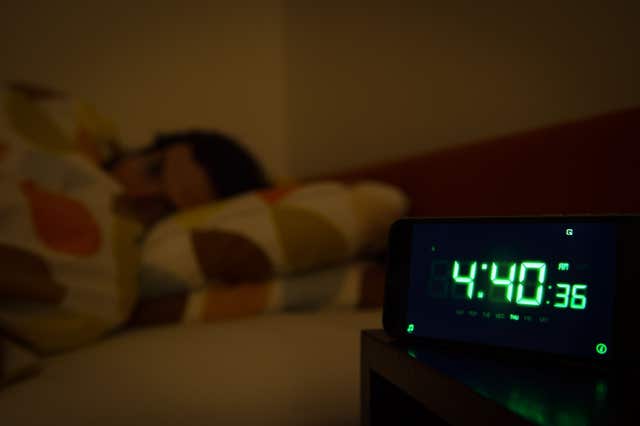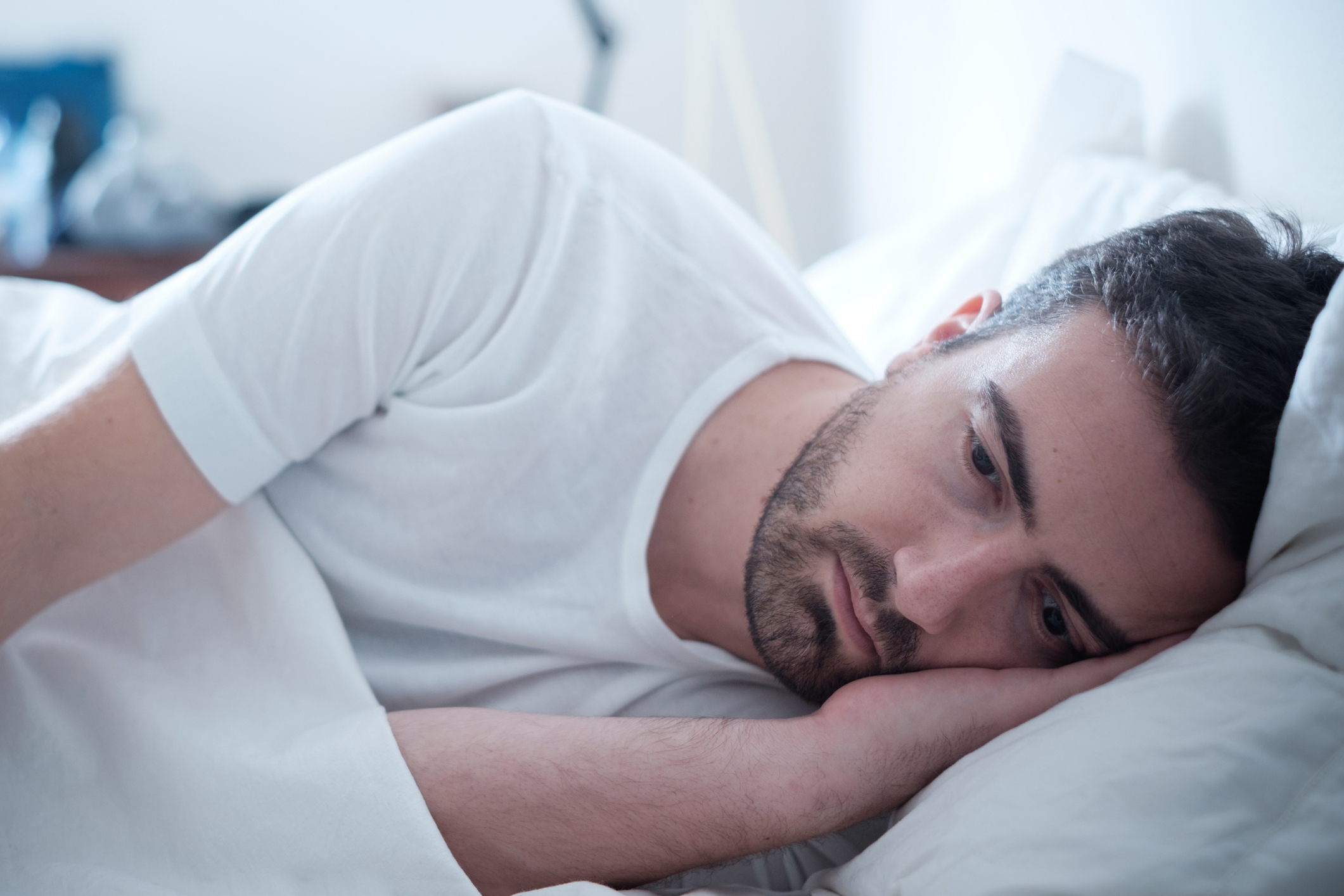Sleep deprivation has been found to reduce depression symptoms but is the treatment sustainable?
Researchers looked at more than 2,000 studies to analyse a large data set spanning over 36 years.

Sleep deprivation can significantly reduce the symptoms of depression, according to a new meta-analysis, but the effect is only short term.
Research by the University of Pennsylvania has found that in a controlled setting, administering sleep deprivation has an instant positive effect on roughly half of patients.
As part of their meta-analysis, the researchers at the university’s Perelman School of Medicine combed through more than 2,000 studies.
Using data from a final selection of 66 studies published over a 36-year period, they found that total or partial sleep deprivation can show improvement in clinical depression symptoms within 24 hours.

“More than 30 years since the discovery of the antidepressant effects of sleep deprivation, we still do not have an effective grasp on precisely how effective the treatment is and how to achieve the best clinical results,” Philip Gehrman, the study’s senior author, said.
“Our analysis precisely reports how effective sleep deprivation is and in which populations it should be administered.”
While the results might sound surprising, the link between sleep deprivation and clinical depression is well known among the scientific community.
“It is well-known for a long time that sleep deprivation can improve severe depression and there is much knowledge around the links between depression and the disorders of sleep cycles.
“New research and studies are always welcome and the findings from this study are very promising. More studies would need to be conducted on the duration of the intervention in relation to the degree of depression, the safety and the associated risks to fully understand the efficacy of the treatment and suitability for individual cases.”
John A Groeger, professor of psychology at Nottingham Trent University, who was not involved in the study, believes that the reason sleep deprivation is an effective short-term treatment could be down to the way the brain skips REM sleep (ie, rapid eye movement sleep when the brain activity shows similarities to wakefulness) to favour slow-wave sleep (ie, deep sleep when brain activity is reduced).

He believes Tricyclic antidepressants (TCAs) – a class of drugs that affect brain chemicals to ease depression symptoms – could provide more clues to this theory.
“The researchers didn’t go into detail about TCAs,” he said. “One of the things the TCAs does is suppress REM sleep. Instead, the brain crams deep sleep into three or four hours.
“It may be that REM has a particular role in maintaining depression.”
Groeger points out that if implemented, in all likelihood sleep deprivation treatment would only be useful as a temporary respite rather than a long-term, sustained intervention.
Paschos added: “The implementation of sleep deprivation to help manage symptoms of depression would need to be very closely monitored by a qualified medical professional.
“We are well aware of the dangers associated with sleep deprivation to physical and mental health and would strongly urge individuals not to make any changes to their treatment without professional guidance.”
The results have been published in the Journal of Clinical Psychiatry.







